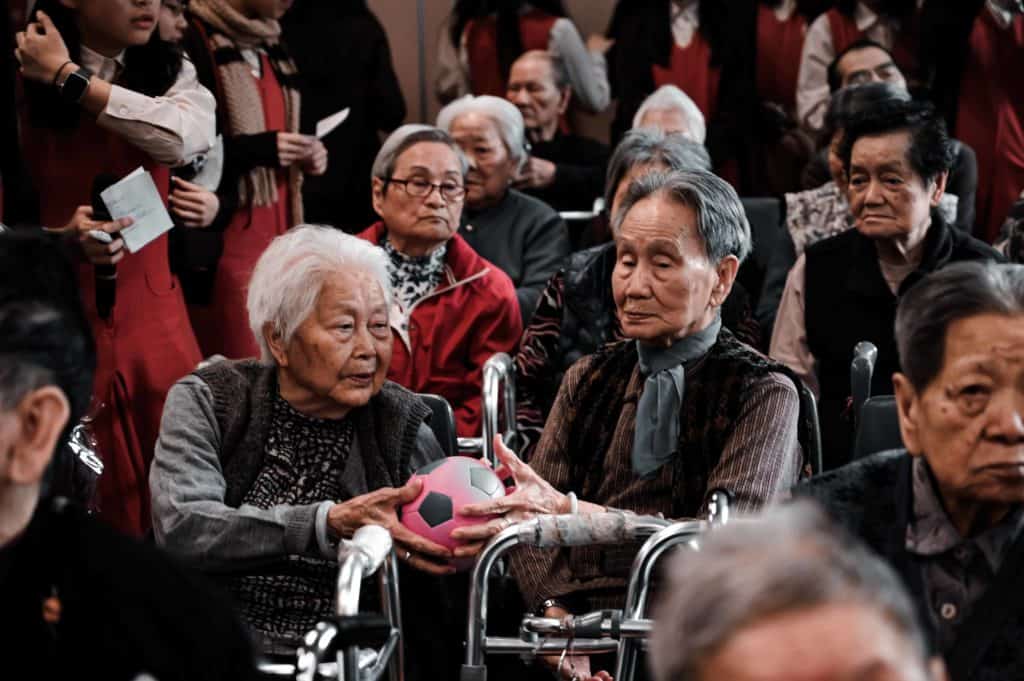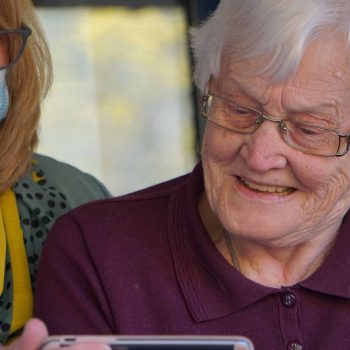

Home Health Care
How Do You Prepare For A Relative Starting Home Health Care?
SonderCare Learning Center

SonderCare Learning Center
Do you or an elderly loved one suddenly need home health care? It’s essential to make necessary preparations that let them feel comfortable and make their recovery more effective. Whether they’re making a transition from a hospital or have long-term care needs, the more prepared you are, the better they will be.
When making these plans, you should consider many facets of their needs: the stages of care, the professional and informal caregivers helping, and where they will be receiving the medical services.
The best way to start the transition to at-home health care is to talk with the senior in need of health care services. The transition to in-home care will be much easier if your aging family member or friend feels included in the process.
Be sure to have open discussions and be responsive to your loved one’s wants and needs. Talk about the areas of daily life where they could use help, and be ready to discuss any concerns you may have that a home care provider can help address, from driving to housekeeping.
In many cases, it may even help to get your loved one involved in the process of looking for, interviewing, and hiring the health care provider or caregiver. They are the person who will spend the most time with the caregiver. Finding someone that your loved one can trust and feel comfortable with is essential. However, remember that everyone’s preferences vary and that every situation is unique. Be ready to meet some resistance when trying to make final decisions.
When discussing plans with your loved one, always emphasize the positives of any necessary life care changes. Framing these conversations around hiring help for your loved one, rather than hiring care, can be helpful. Emphasize that this is about helping your family member maintain their independence and stay healthy; you’re trying to make life better, not take anything away.
The step is to collect all the required information. Be sure to have everything that you, your relative, and your new health care provider might need on hand and ready to go. Look around your loved one’s home. Are food, supplies, and medications all accessible and readily available? Will you be able to quickly get the caregiver acquainted with everything they may need to provide for your loved one?
Medical alert systems are simple, effective ways to make sure that your loved one has a way to communicate if they require assistance but can’t get to the phone. These systems often come as a pendant or bracelet that they can wear at all times.These alert systems are accessible and can call 24/7 emergency services, giving both you and your loved one peace of mind when they are home alone.
Your plans all relate to improving a senior’s quality of life. As such, the house must be easy for your loved one, visitors, and caregivers to navigate. It’s necessary to make the space free from obstructions, obstacles, and hazards, taking time to go through your loved one’s residential environment to ensure its safety.
Depending on their medical condition or nursing care needs, consider making updates or changes that make it easier for your loved one to get around the home. Common accessibility renovations include grab bars in the bathroom, roll-in showers, chair lifts, and ramps where necessary.
If your loved one needs a cane, a walker, or a wheelchair, renovations may be necessary to outdoor and indoor stairs, as well as doorways, to accommodate these devices. Making all entries barrier-free and eliminating swinging doors that take up space can make it easier to maneuver in a wheelchair.
Falling becomes one of the top senior health risks starting around the age of 65. Only about 20% of these incidents result in serious injury, however. Seniors should think about ways to take precautions against the dangers but should remember not to let fear prevent them from living their lives to the fullest.
Start Exploring Home Healthcare With SonderCare
Are you recently discharged from hospital, experiencing mobility issues, or in need of palliative or senior care? Enjoy a smoother recovery and get the luxury you deserve by choosing our home hospital products. Contact us today to discuss home hospital beds, mattresses, stand assist chairs and other accessories to make your home hospice perfect for a truly comfortable experience.
Are you looking for the most recent articles on physical disability resources? Browse our latest resources below and let us know if you have any questions. We’re here to support you as you embark on your road to home medical care.
Seeking The Best Care For Your Loved One?
Browse North America's Luxury
Home Healthcare
Product Inventory